South Korean commission exposes history of fraud and abuse in overseas adoptions
The largest exporter of international adoptees allowed fraud to flourish, as the government pushed the adoption agenda

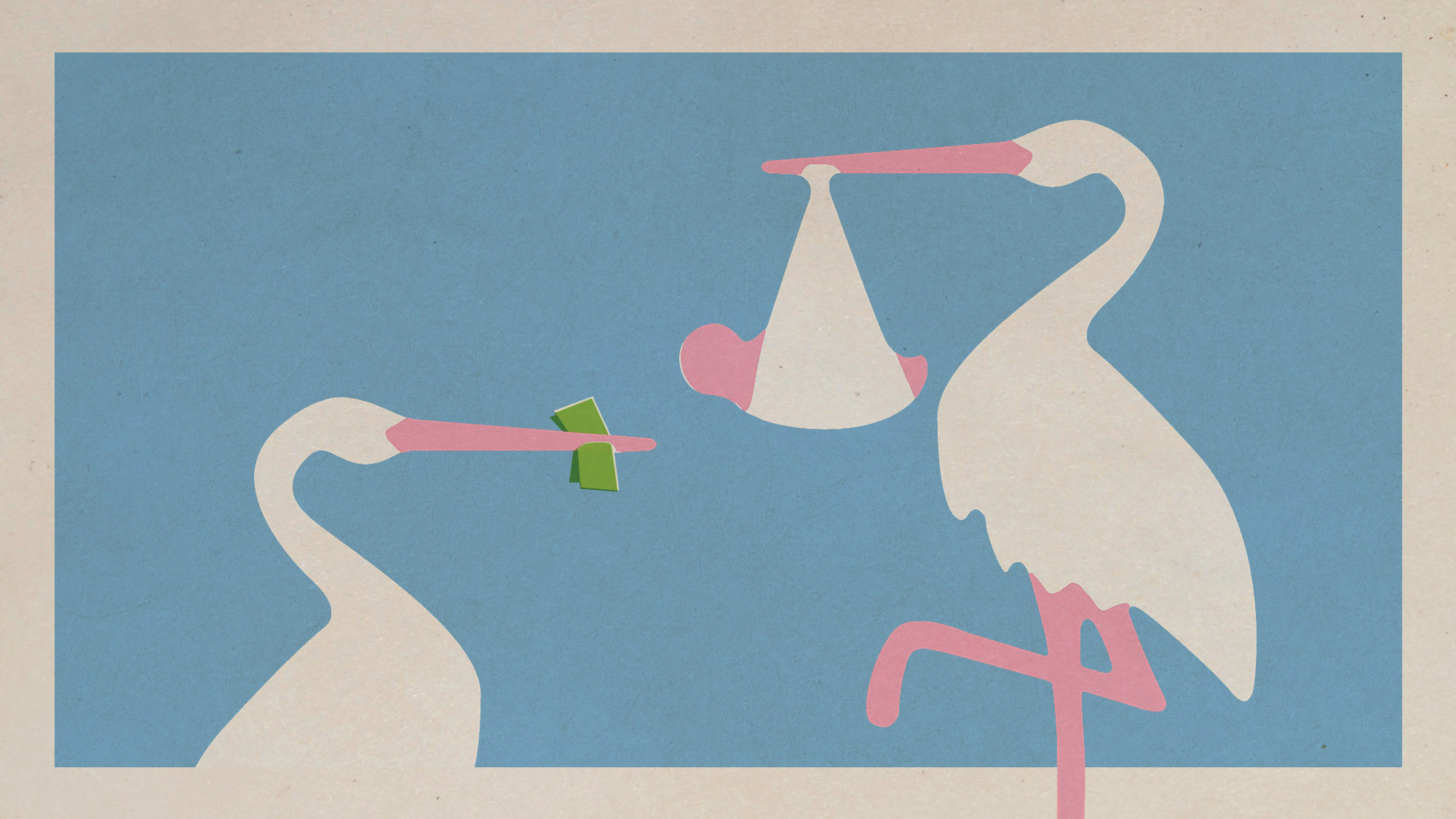
A free daily email with the biggest news stories of the day – and the best features from TheWeek.com
You are now subscribed
Your newsletter sign-up was successful
Since the 1950s, South Korea has been the largest international exporter of adoptees. Those adoptees were primarily sent overseas to Western countries. Now, for the first time, the country acknowledges that private adoption agencies committed widespread fraud, including falsifying documents to expedite the adoption process, with little to no government oversight. Will the South Korean government finally take responsibility for its role in a history of fraudulent adoptions?
What did the commission expose?
Following its investigation, the government-established Truth and Reconciliation Commission admitted that the South Korean government failed to implement proper oversight over how private adoption agencies facilitated overseas adoptions in the wake of the "devastating economic aftermath of the Korean War," said The Wall Street Journal. During the decades after the war ended in 1953, the government used the adoptions of more than 140,000 children as a "cost-effective alternative to strengthening domestic child welfare policies," the commission said.
Adoption agencies during those years "falsified documents to present babies as orphans when they had known parents," said The New York Times. When some babies died before arriving overseas, "other babies were sent in their names." Through policies and laws that promoted adoption, private agencies were permitted to exercise guardianship over children in their custody, resulting in "large-scale overseas placements of children in need of protection," the commission said. Agencies, in some cases, sent the children without proper consent from their biological parents.
The Week
Escape your echo chamber. Get the facts behind the news, plus analysis from multiple perspectives.

Sign up for The Week's Free Newsletters
From our morning news briefing to a weekly Good News Newsletter, get the best of The Week delivered directly to your inbox.
From our morning news briefing to a weekly Good News Newsletter, get the best of The Week delivered directly to your inbox.
Authorities were lax and "provided no meaningful oversight as adoption agencies engaged in dubious or illicit practices while competing to send more children abroad," said The Associated Press. The commission also noted that the government failed to "ensure that agencies properly screened adoptive parents or prevent them from excessively charging foreign adopters," who were often "asked to make additional donations beyond the standard fees."
South Korea's export of babies "peaked in the 1980s, with as many as 8,837 children shipped abroad in 1985," said the Times. Children were "sent abroad like luggage," the commission said. The landmark report resulted from a three-year investigation into the complaints of 367 adoptees throughout Europe, the United States and Australia.
What will be the outcome of the investigation?
The commission's report might not be news to adoptees. Still, it is a "significant victory in the sense that we are finally receiving acknowledgment of what has happened to us over the years," said Anja Pedersen, a girl who was sent to Denmark under another girl's name, said to The New York Times. The findings will "carry repercussions beyond South Korea." Some of the receiving countries, such as Norway and Denmark, have started their own investigations into international adoptions, the Times said.
Not everyone was satisfied with the results of the commission. Some adoptees and one of the commission investigators "criticized the cautiously written report, acknowledging that investigative limitations prevented the commission from more strongly establishing the government's complicity," said the Associated Press. Investigator Sang Hoon Lee noted that the panel's choosing to defer the assessments of some adoptees' cases over what the commission says is a lack of documentation is problematic. The committee's reluctance reflected a lack of understanding of adoption's systemic problems, said Lee. "Personally, I find yesterday's decision very regrettable and consider it a half-baked decision."
A free daily email with the biggest news stories of the day – and the best features from TheWeek.com
Regarding the South Korean government, the commission recommended issuing an official apology and developing plans to assist the adoptees who discovered that their adoptions were the result of fraud. It also encouraged the government to investigate "citizenship gaps among adoptees sent to the United States" and to "implement measures to assist those without citizenship, who may number in the thousands," said the AP. Adoptee Yooree Kim, who was sent to France without her biological parents, urged the commission to strengthen its recommendations. She said adoptees who were victimized by illicit adoption practices should be entitled to "compensation from the Korean government and adoption agencies, without going through lawsuits."
Theara Coleman has worked as a staff writer at The Week since September 2022. She frequently writes about technology, education, literature and general news. She was previously a contributing writer and assistant editor at Honeysuckle Magazine, where she covered racial politics and cannabis industry news.
-
 The ‘ravenous’ demand for Cornish minerals
The ‘ravenous’ demand for Cornish mineralsUnder the Radar Growing need for critical minerals to power tech has intensified ‘appetite’ for lithium, which could be a ‘huge boon’ for local economy
-
 Why are election experts taking Trump’s midterm threats seriously?
Why are election experts taking Trump’s midterm threats seriously?IN THE SPOTLIGHT As the president muses about polling place deployments and a centralized electoral system aimed at one-party control, lawmakers are taking this administration at its word
-
 ‘Restaurateurs have become millionaires’
‘Restaurateurs have become millionaires’Instant Opinion Opinion, comment and editorials of the day
-
 Ex-South Korean leader gets life sentence for insurrection
Ex-South Korean leader gets life sentence for insurrectionSpeed Read South Korean President Yoon Suk Yeol was sentenced to life in prison over his declaration of martial law in 2024
-
 Why Greenland’s natural resources are nearly impossible to mine
Why Greenland’s natural resources are nearly impossible to mineThe Explainer The country’s natural landscape makes the task extremely difficult
-
 How Bulgaria’s government fell amid mass protests
How Bulgaria’s government fell amid mass protestsThe Explainer The country’s prime minister resigned as part of the fallout
-
 Americans traveling abroad face renewed criticism in the Trump era
Americans traveling abroad face renewed criticism in the Trump eraThe Explainer Some of Trump’s behavior has Americans being questioned
-
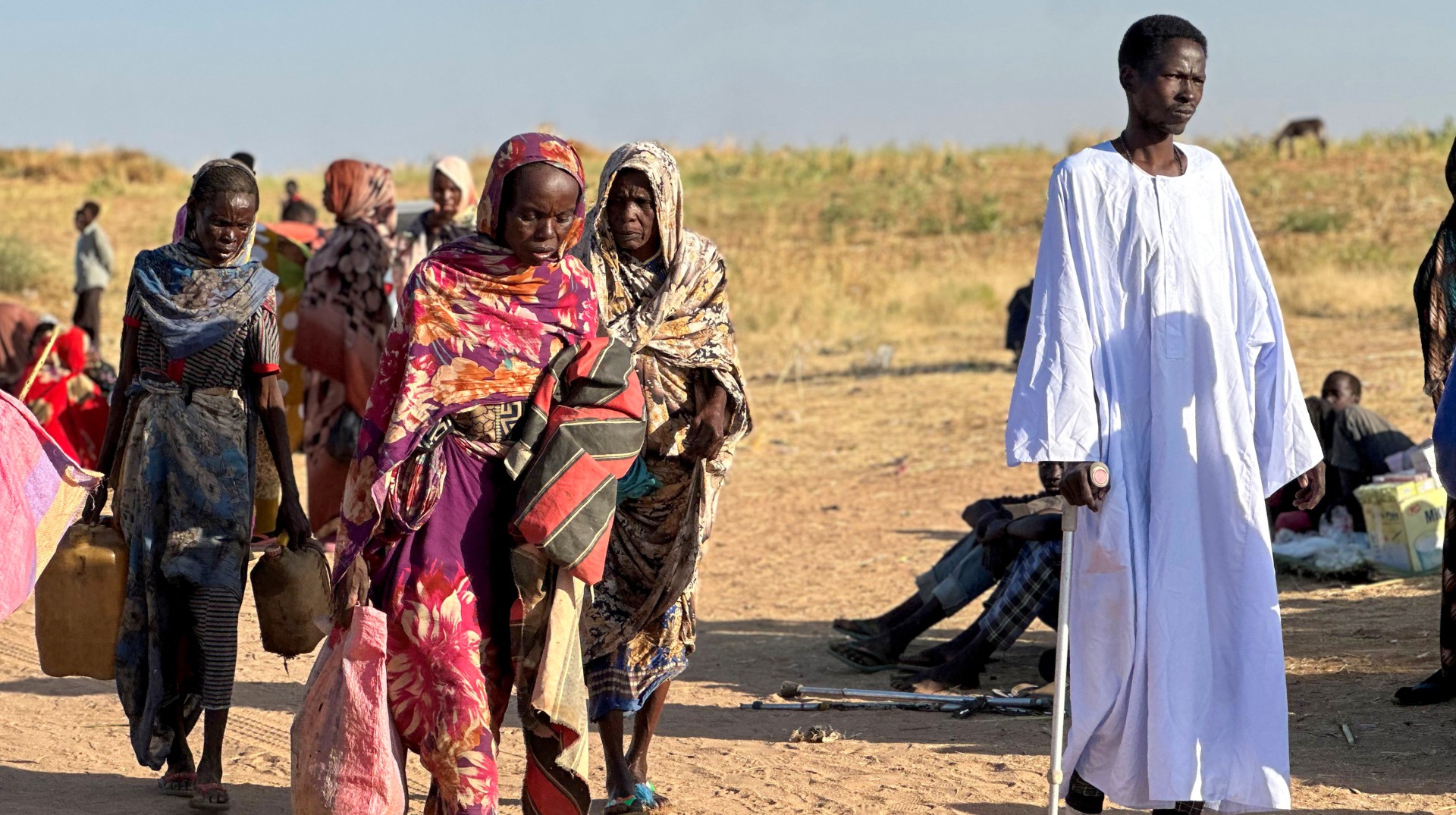 Sudan stands on the brink of another national schism
Sudan stands on the brink of another national schismThe Explainer With tens of thousands dead and millions displaced, one of Africa’s most severe outbreaks of sectarian violence is poised to take a dramatic turn for the worse
-
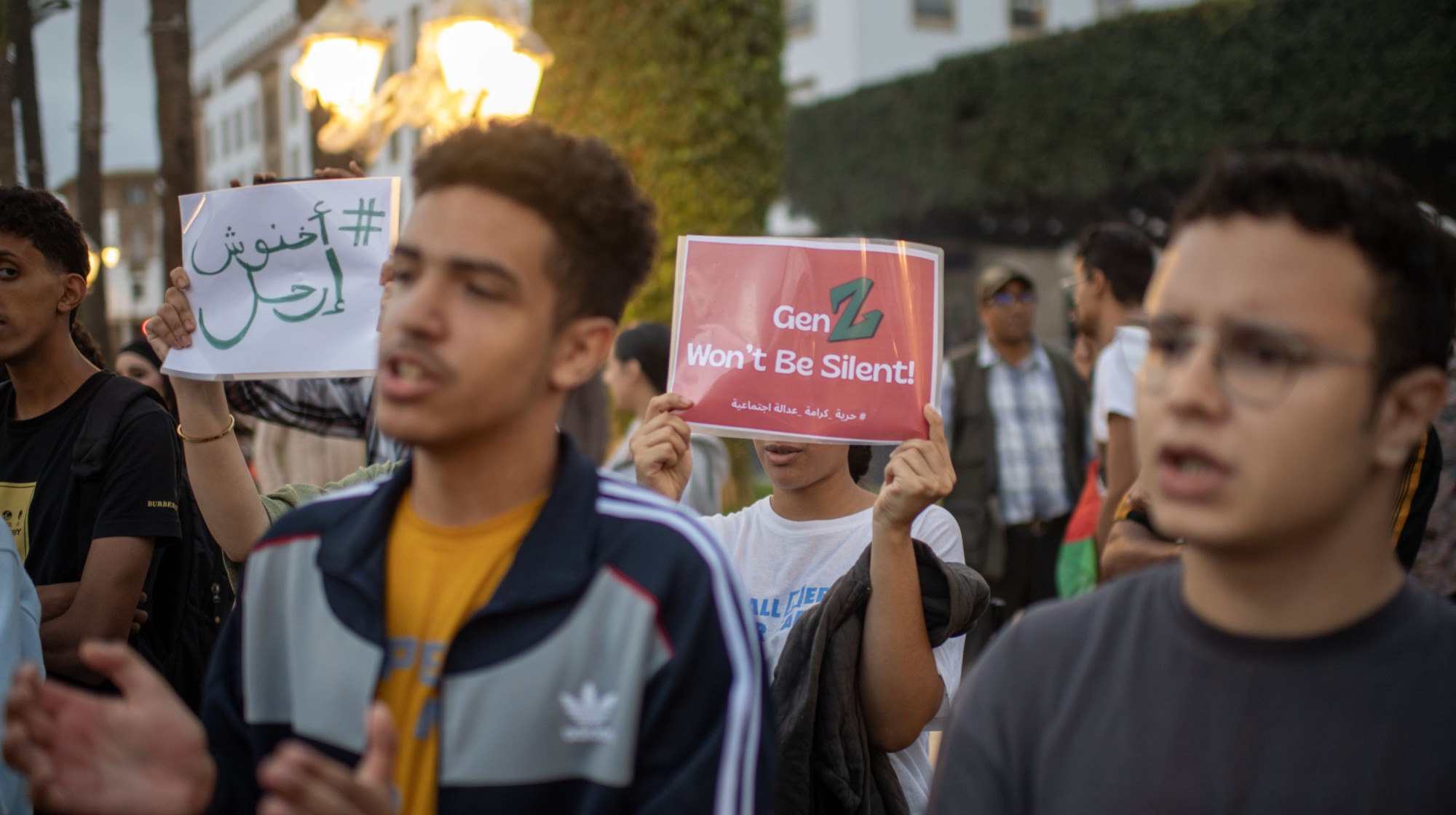 Youth revolts rattle Morocco as calls against corruption grow louder
Youth revolts rattle Morocco as calls against corruption grow louderTHE EXPLAINER Snowballing controversy over World Cup construction and civic services has become a serious threat to Morocco’s political stability
-
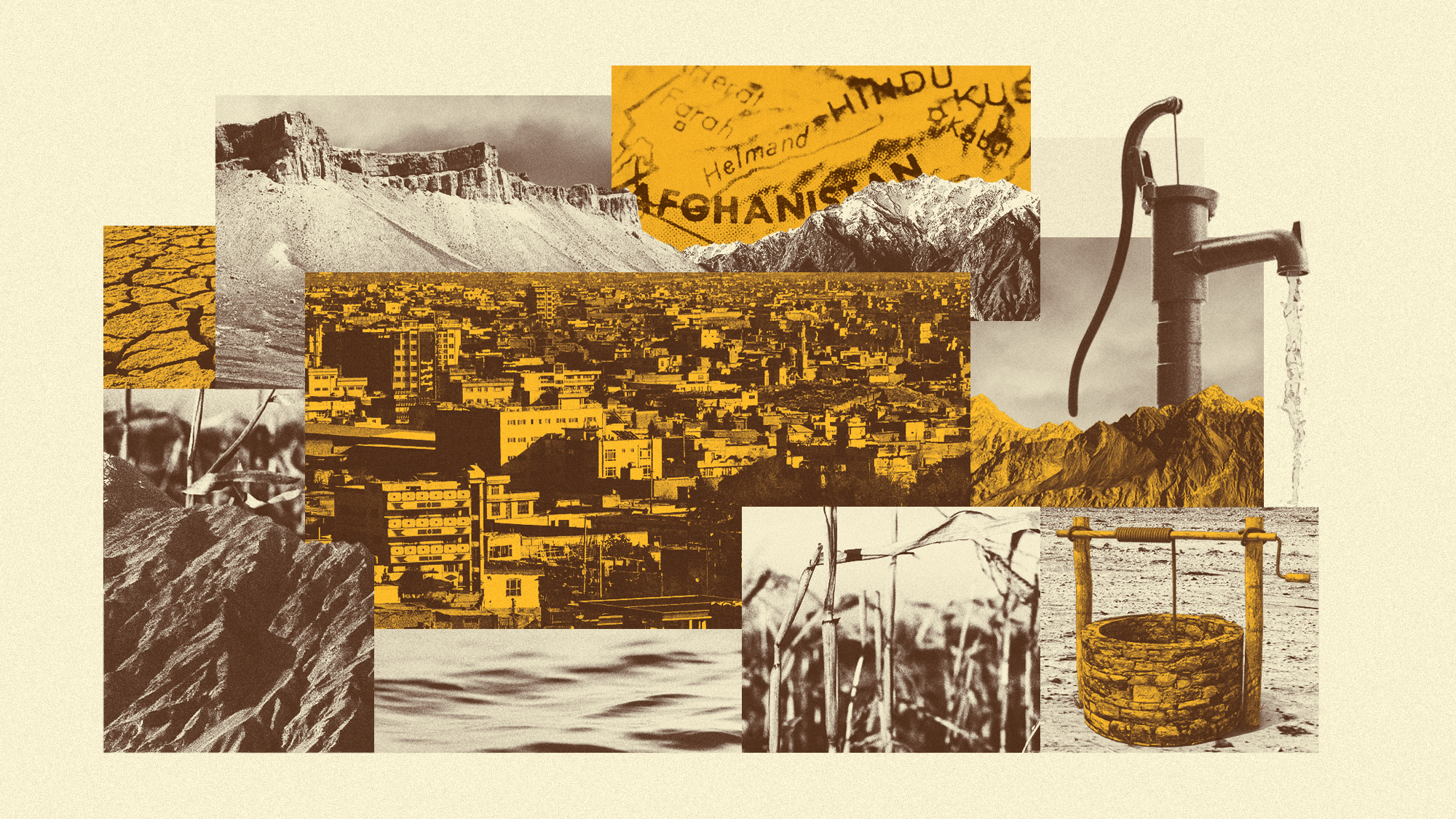 Kabul braces for a waterless future
Kabul braces for a waterless futureTHE EXPLAINER A confluence of manmade and environmental factors makes the Afghan city the first modern capital to risk running out of groundwater
-
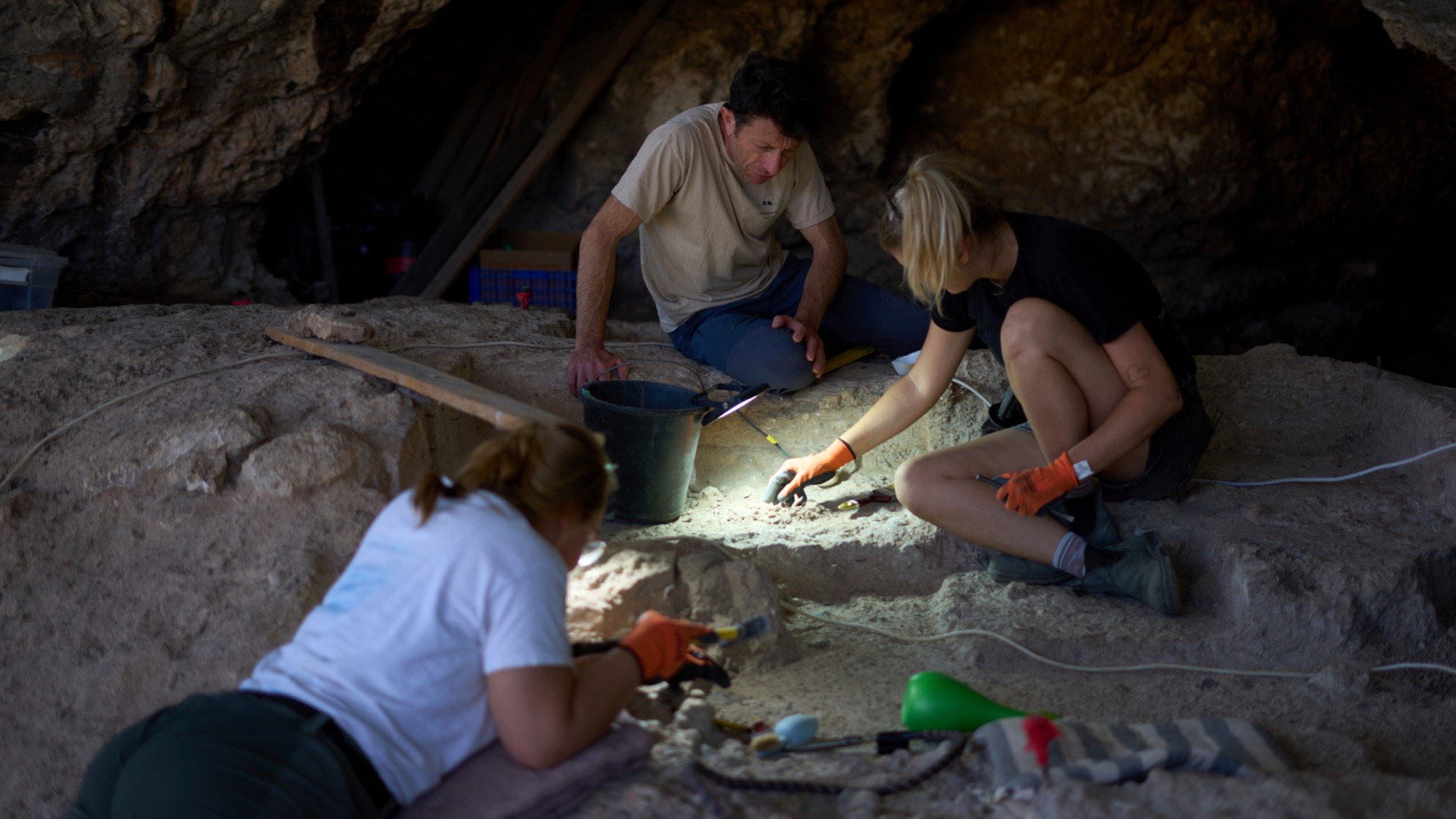 An ancient Israeli cave teaches new archaeological lessons
An ancient Israeli cave teaches new archaeological lessonsThe Explainer The cave is believed to be one of the world's oldest burial sites
